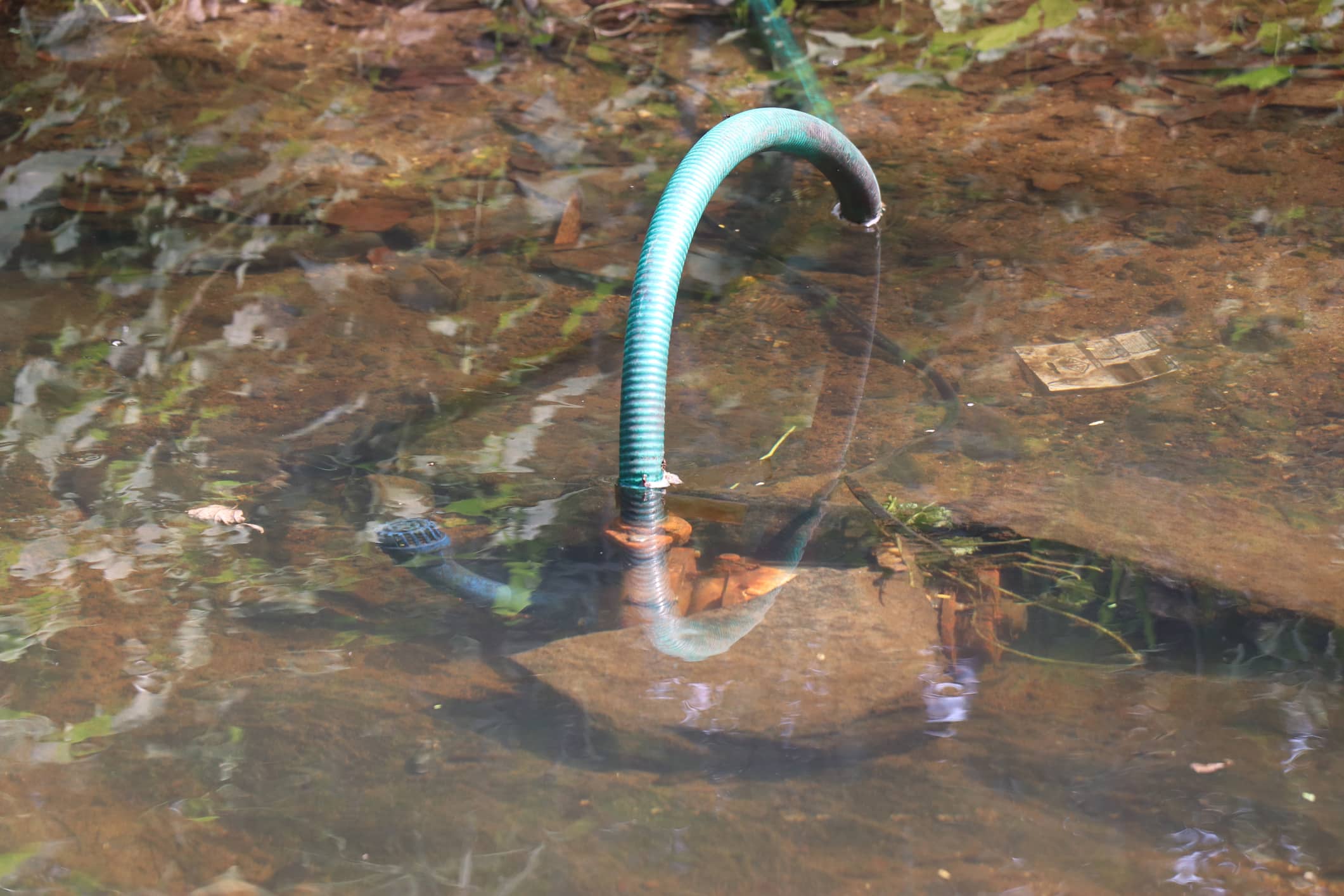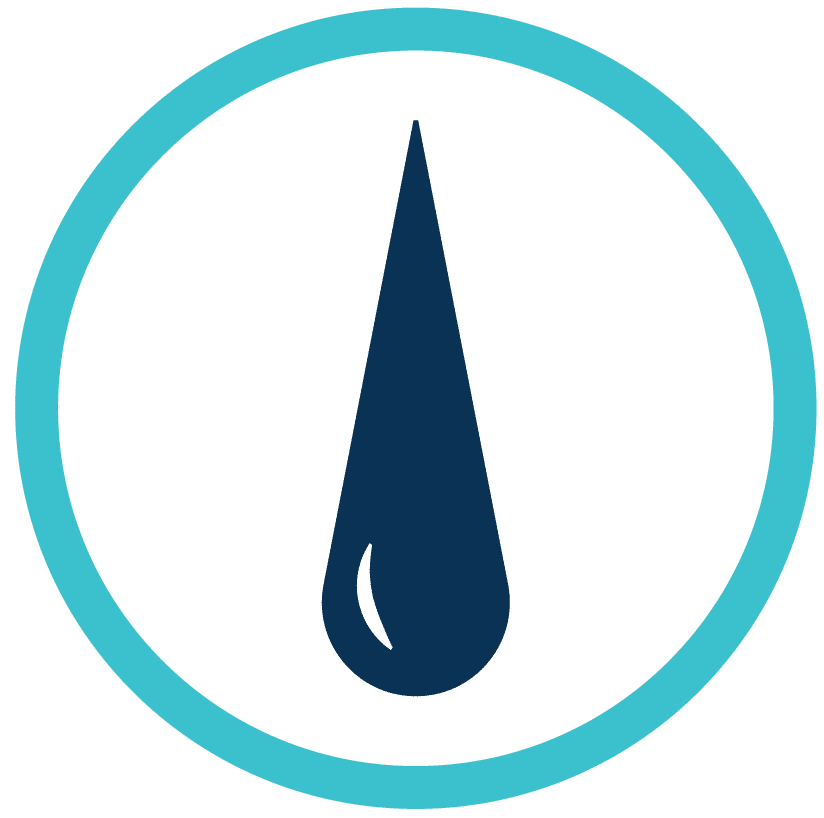Pond Water Irrigation Problems: Why You Should Avoid Pumping from a Pond
Jun 30, 2025

It’s easy to understand why many Michigan property owners consider using nearby water sources for irrigation. After all, our beautiful state has 11,000 inland lakes, more freshwater shoreline than any other state in the nation, and tens of thousands of miles of rivers and streams. It’s a water wonderland, and these bodies of water seem like a convenient and cost-saving alternative to municipal or well water. But what seems like an easy solution can quickly lead to a host of headaches. In reality, pond water irrigation problems are common, costly, and often outweigh any potential savings for the homeowner, business owner, or farmer.
5 Pond Water Irrigation Problems To Consider Before You Pump
Here are 5 reasons why you should think twice before pumping from a pond or body of water for your sprinkler system:
1. Clogging from Debris, Algae, and Sediment
Natural water sources like ponds contain organic material like leaves, algae, insects, silt, and sand. These contaminants can clog your sprinkler heads and valves, damage pumps and irrigation components, and lead to system failure and recurring service calls. Even with a filtration setup, you’ll need constant maintenance to prevent buildup, and clogs can still occur unexpectedly.
2. Water Level Instability
Pond water levels fluctuate throughout the seasons. During a dry Michigan summer, your water source may shrink to unusable levels, causing:
- Pump burnout due to air intake or cavitation
- Inconsistent pressure and spotty watering
- Incomplete irrigation zones
In order to reliably irrigate your property, you need stable water input, and this is something that ponds and streams often can’t provide.
3. Potential Legal and Environmental Issues
Protecting Michigan’s lakes, rivers, and watersheds should always be a priority. In many areas, including West Michigan, drawing water from a natural source without proper permits may violate local regulations. You may unknowingly:
- Disrupt local ecosystems or wildlife habitats
- Violate Department of Natural Resources (DNR) guidelines
- Face penalties or enforcement actions
In addition to statewide water withdrawal regulations, Michigan property owners must also consider local permitting requirements when installing irrigation systems that draw from ponds, streams, or other natural sources. Local governments and conservation districts often enforce environmental protections under state laws such as Part 301 (Inland Lakes and Streams) and Part 303 (Wetland Protection) of the Natural Resources and Environmental Protection Act (NREPA). These regulations may require permits for constructing intake pipes, pumps, or irrigation equipment near or within surface waters, even if the volume of water withdrawn is relatively low.
In West Michigan, counties like Kent, Ottawa, and Allegan may have additional soil erosion, sedimentation control, or shoreline setback rules in place. Failing to secure proper local approval can result in fines, forced removal of equipment, and even environmental restoration mandates. Always consult with your local environmental or permitting office before attempting to pump water from a natural body on your property.
4. Staining and Soil Damage from Poor Water Quality
Pond water might look harmless, but it often contains:
- High iron levels that cause rust stains on sidewalks, siding, and driveways
- Imbalanced pH that disrupts plant nutrient absorption
- Fungi or bacteria that lead to lawn diseases
Instead of nourishing your landscape, poor water quality can slowly ruin it.
5. High Maintenance and Startup Costs
To use pond water properly, you need:
- A durable intake pump
- Filtration systems
- Electrical setup and housing
- Regular inspection and cleaning
If you add in seasonal concerns like winterization and re-priming in spring, it becomes clear that pond-fed irrigation systems are anything but low-maintenance.
Better Irrigation Alternatives
If you’re looking to save money or use water more efficiently, consider:
- Smart irrigation controllers that adapt to real-time weather
- Drip irrigation systems that target root zones and reduce runoff
- Water-saving sprinkler heads and zoning for diverse landscapes
These modern alternatives are more consistent, environmentally responsible, and often cheaper to maintain over time than typical sprinkler systems.
Trust Soak Irrigation to Get It Right
At Soak Irrigation, we’ve seen how pond water irrigation problems can damage systems and frustrate homeowners. Our mission is to deliver long-term, efficient solutions that work with West Michigan’s landscape and climate, not against it, and that use natural resources like water effectively and without waste.
Contact us today to schedule a consultation and learn more about how to upgrade your irrigation system the right way – with clean water, smart technology, and expert design.
